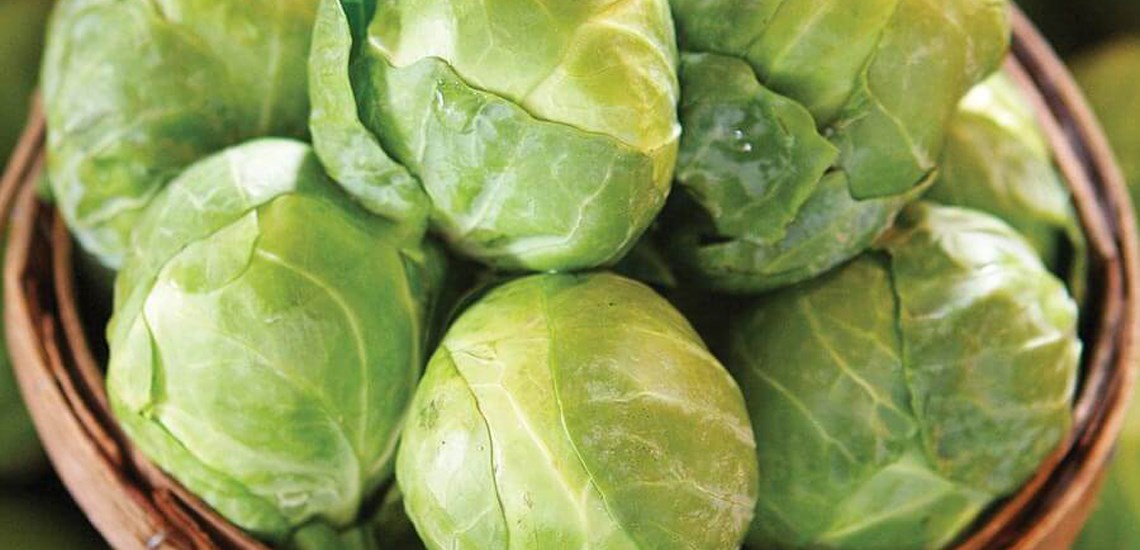Brussels Sprouts

-
Brussels sprouts look like baby cabbages for a good reason: They’re a member of the cabbage family that includes veggies with edible leaves.
-
They really are named after Brussels, the capital of Belgium, where they were a popular 16th century crop.
-
There are more than 110 different varieties of brussel sprouts.
-
The smallest Brussels sprouts are marble-sized morsels while larger varieties are as big as golf balls.
-
Unlike most other fruits and vegetables, Brussels sprouts don't need to ripen before you eat them.
-
Brussel sprouts contain high levels of vitamins A and C, folic acid and dietary fibre, and can help protect against colon and stomach cancer.
-
An 80g serving of brussel sprouts contains four times more vitamin C than an orange, and a cup of cooked Brussels sprouts contains only about 60 calories.
-
Brussels sprouts pack in 4 grams of protein per cup
-
There is 4 grams of fiber per 1 cup of cooked Brussels sprouts.
-
They’re also good source of calcium, potassium, and vitamins C, A, and K.
-
You can boil, steam, microwave (with some water to keep them drying out), stir-fry, roast, or bake Brussels sprouts.
-
Carving an X in the bottom of stems before steaming helps sprouts cook more evenly.